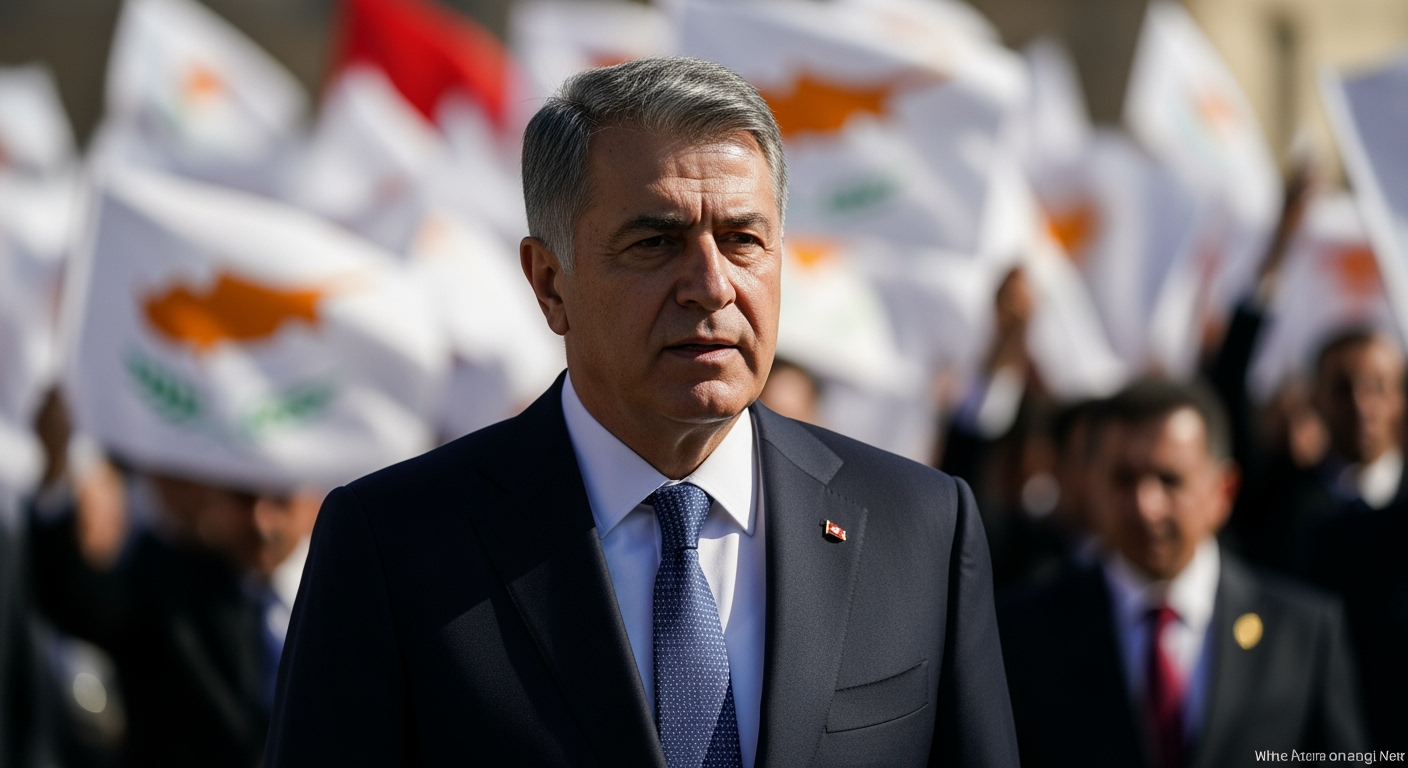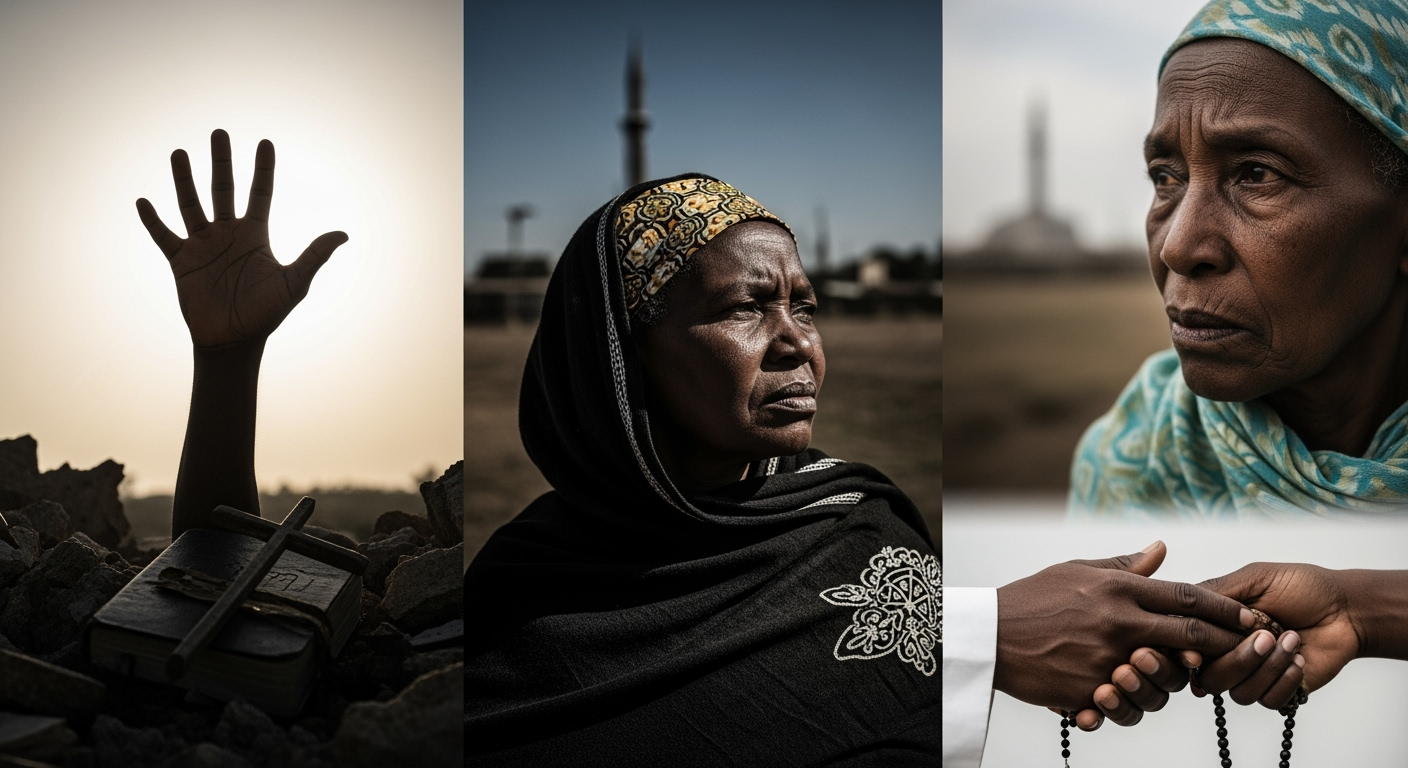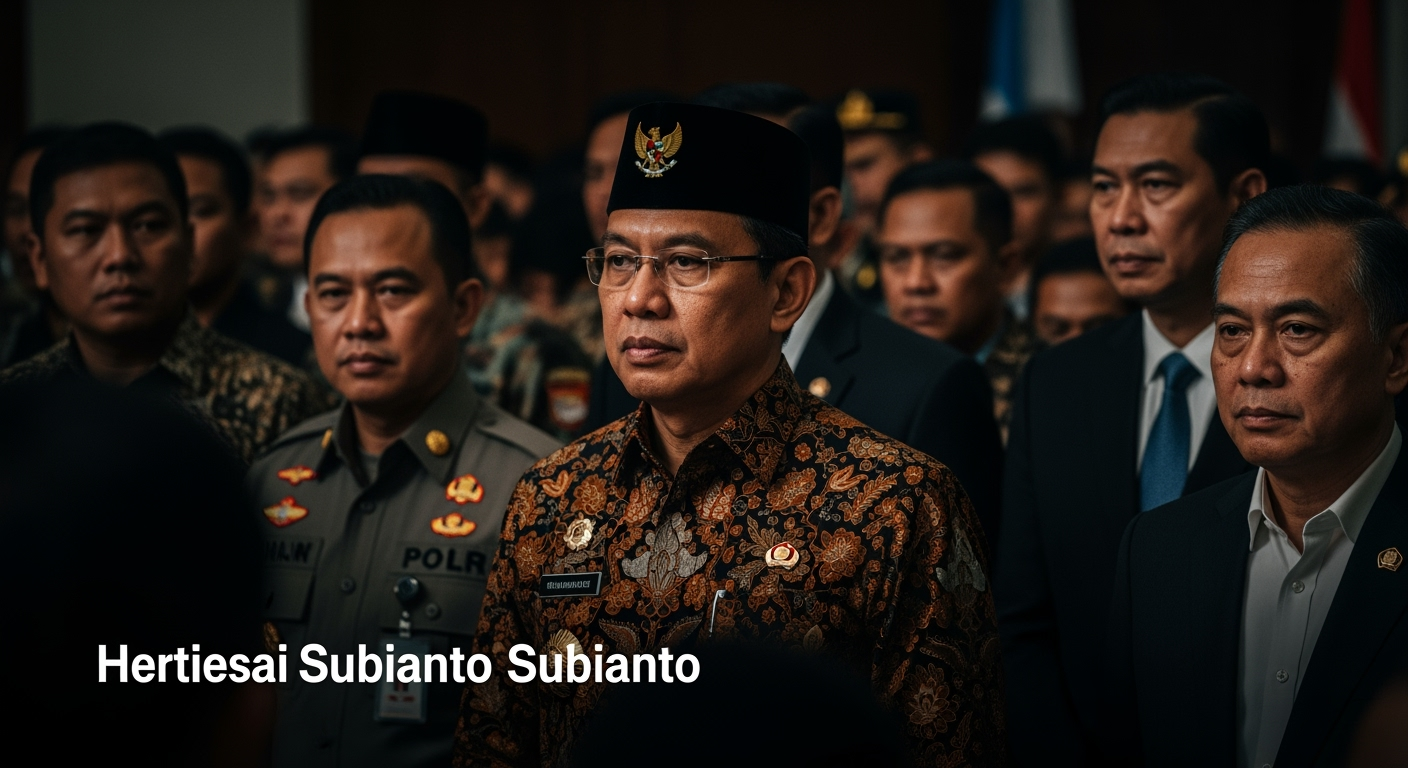Related Articles

Turkish Cypriots Elect Erhürman in Landslide, Sending Complex Signals to Ankara

China Navigates Critical Economic Crossroads with Ambitious New Five-Year Plan





Jakarta, Indonesia – President Prabowo Subianto has concluded his first year in office, marking a period defined by a robust and highly personalized diplomatic offensive aimed at significantly enhancing Indonesia's influence and strategic positioning on the world stage. Taking the oath of office on October 20, 2024, Prabowo has swiftly moved to redefine Indonesia's foreign policy approach, transforming it into what analysts describe as "hyperactive presidential diplomacy". This new posture signals Indonesia's ambition to transcend its traditional regional focus and assert itself as a consequential player in global affairs, while maintaining its long-standing "free and active" non-aligned stance.
Throughout his inaugural year, President Subianto engaged in an intensive series of international visits and high-level meetings, personally leading the charge to forge new partnerships and deepen existing ones across continents. His proactive engagement diverges markedly from his predecessor's more domestically focused tenure, underscoring a strategic push to leverage Indonesia's demographic and economic weight into greater international clout. This shift is characterized by a pragmatic willingness to engage with all major powers while steadfastly championing national interests.
President Prabowo’s approach to foreign policy has been distinguished by an unprecedented level of personal involvement. Unlike previous administrations that often delegated foreign policy intricacies to the Foreign Ministry, Prabowo has opted for direct, head-of-state-level diplomacy. This strategy is encapsulated by his stated philosophy: "a thousand friends is too few, one enemy is too many," a principle that has guided his extensive outreach efforts.
His first year saw him undertake at least 15 state visits to 24 countries, with some reports suggesting upwards of 35 international trips, a frequency unmatched by recent Indonesian presidents. These engagements included meetings with global leaders such as U.S. Presidents Joe Biden and Donald Trump, Chinese President Xi Jinping, and Brazilian President Luiz Inácio Lula da Silva. A significant milestone was his participation in the United Nations General Assembly, ending a decade-long absence of an Indonesian head of state at the global summit. Such high-profile appearances have served to elevate Indonesia's visibility and signal its readiness to assume a more active global role.
A cornerstone of Prabowo’s foreign policy has been a delicate balancing act between competing global powers, particularly the United States and China. Demonstrating a clear commitment to non-alignment, his initial overseas tour included visits to both Beijing and Washington, a symbolic gesture underscoring Indonesia's determination to maintain equidistant relations. While China remains a crucial partner for Indonesia's economic development and investment, Prabowo has simultaneously strengthened defense cooperation with Western nations, including the United States and France.
This nuanced approach is further exemplified by Indonesia's strategic participation in various international blocs. Early in his presidency, Indonesia officially joined BRICS, signaling its comfort with a multipolar world order and its desire for a greater voice within the Global South. Concurrently, Jakarta has applied for membership in the Organization for Economic Cooperation and Development (OECD), and continues its participation in Western-aligned initiatives such as the Indo-Pacific Economic Framework (IPEF) and consideration for the Comprehensive and Progressive Agreement for Trans-Pacific Partnership (CPTPP). This multi-faceted engagement aims to secure economic advantages and strategic leverage without aligning exclusively with any single power bloc.
Economic diplomacy has been a central pillar of President Prabowo's global engagement, yielding tangible results in his first year. Indonesia finalized three Comprehensive Economic Partnership Agreements (CEPAs) with key partners: Peru, the European Union, and Canada. These agreements are projected to significantly boost Indonesia's trade volumes, with the Indonesia-EU CEPA alone expected to increase trade by 20 percent annually.
Prabowo’s overseas visits have also translated into substantial investment pledges, securing commitments totaling over $42 billion, including $18.5 billion during his November 2024 tour and an additional $23.8 billion at the 2025 Osaka Expo. Notably, through personal negotiations with U.S. President Donald Trump, Indonesia achieved a reduction in import tariffs on its products to the U.S. from 32% to 19%, a move expected to stimulate growth in labor-intensive sectors. Domestically, he established a new sovereign wealth fund, Danantara, to fuel an ambitious target of 8 percent annual economic growth. These efforts highlight a pragmatic drive to attract foreign capital and expand market access for Indonesian goods.
Beyond economic pursuits, President Prabowo has proactively positioned Indonesia as a contributor to global peace and stability. At the United Nations General Assembly, he placed Palestinian independence at the forefront of Indonesia's diplomatic agenda, reaffirming support for a two-state solution. Indonesia has offered to deploy 20,000 peacekeeping troops and provide IDR 200 billion (approximately USD 12 million) in food aid for Palestine, and participated in the Sharm El-Sheikh summit for a Gaza peace deal.
On climate change, a critical global concern, Prabowo used the G20 Summit in Brazil to advocate for urgent collective action. He pledged Indonesia's commitment to achieving net-zero emissions by 2050, offering 557 million tons of carbon credits, and outlining ambitious plans for renewable energy development, including phasing out coal-fired power plants within 15 years. Indonesia also contributed $30 million to support the World Health Organization (WHO) in its international health initiatives.
However, navigating regional complexities has presented particular challenges. In the South China Sea, Indonesia maintains a long-standing position of not recognizing China's nine-dash line claims. A joint statement with China during Prabowo's visit sparked controversy by mentioning "common understanding on joint development in areas of overlapping claims," requiring subsequent clarification from the Foreign Ministry to reaffirm Indonesia's commitment to its sovereign rights. While asserting sovereignty, Prabowo has simultaneously emphasized the pursuit of partnerships over conflict in the sensitive waters.
While Indonesia remains deeply engaged with ASEAN, there are signs that Prabowo's administration may be adopting a more global rather than exclusively regional focus. His decision not to adhere to the tradition of visiting all ASEAN capitals immediately after taking office suggests a broader diplomatic canvas, with Indonesia seeking to exert influence beyond its immediate neighborhood.
President Prabowo Subianto's first year has unequivocally established a more assertive and visible Indonesian foreign policy. Through extensive personal diplomacy, strategic balancing between major powers, and a vigorous pursuit of economic and political partnerships, Indonesia is clearly signaling its intent to play a more prominent role in shaping global dynamics. The administration's "hyperactive" engagement across multilateral forums and through bilateral agreements reflects a determination to safeguard national interests, attract investment, and contribute to resolving international crises.
While the immediate impact of this ambitious foreign policy is evident in new trade agreements and increased global recognition, the long-term success will hinge on Indonesia's ability to maintain a consistent strategic direction amidst evolving geopolitical currents. As President Prabowo continues to forge this path, the international community will keenly observe how Indonesia's pragmatic and hands-on diplomacy solidifies its position as an influential middle power, capable of bridging divides and championing a stable, prosperous global order.